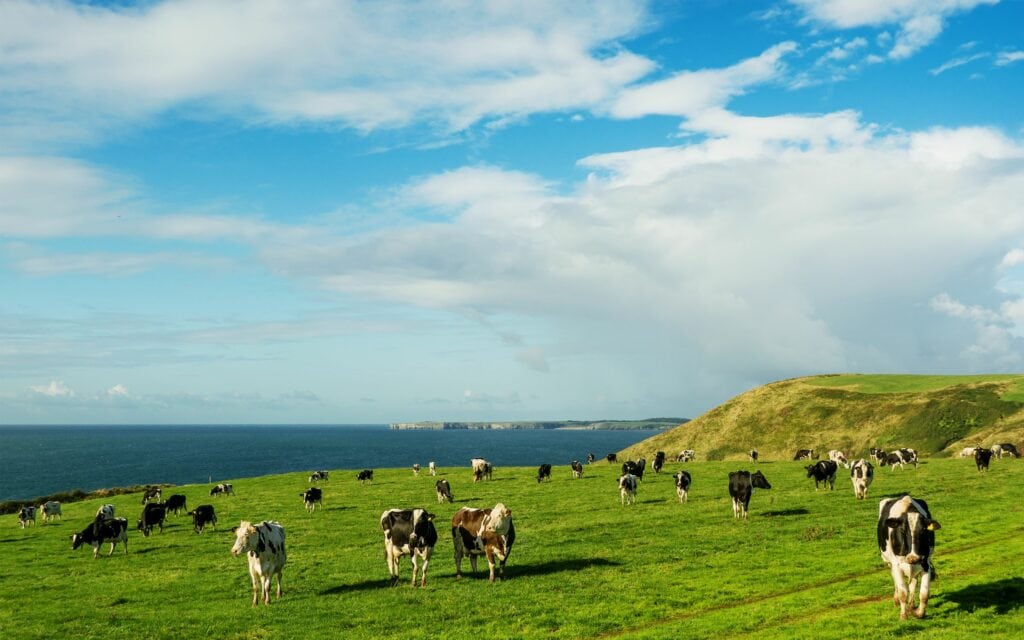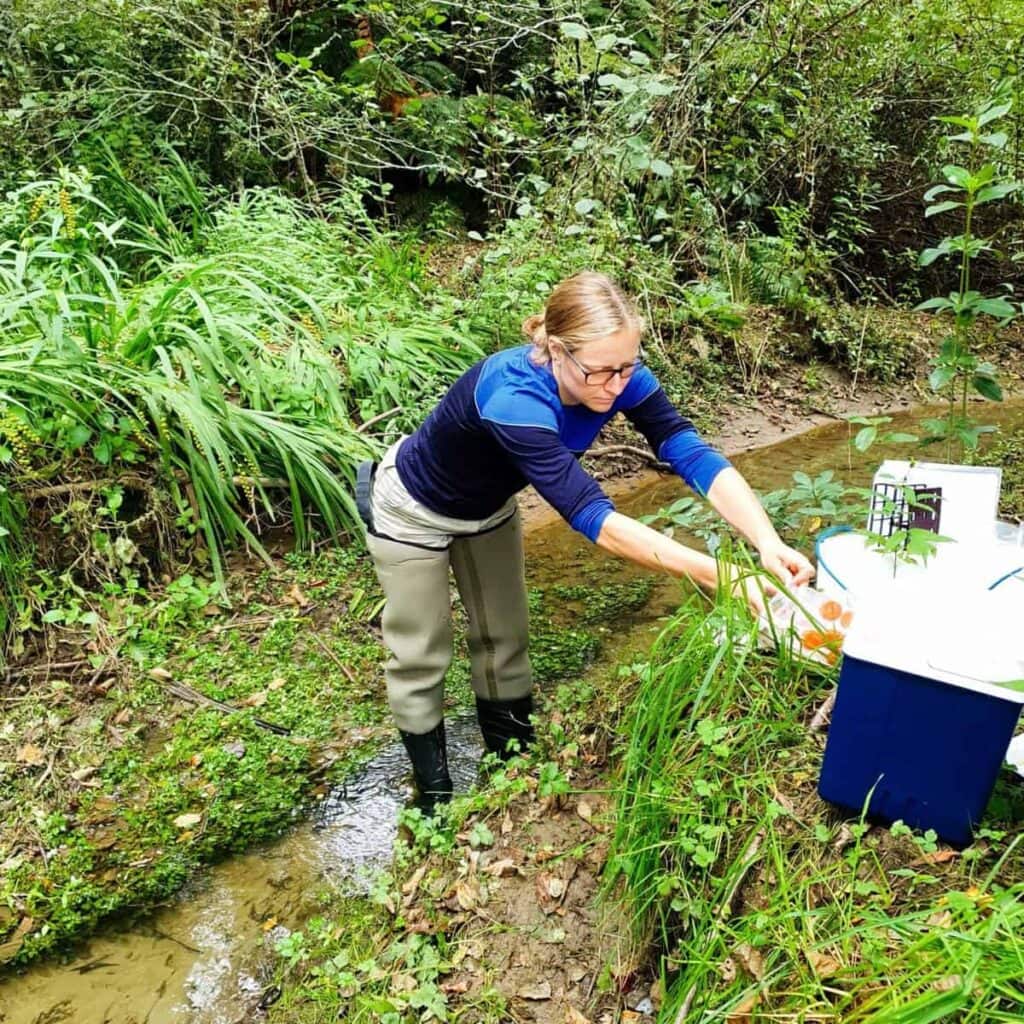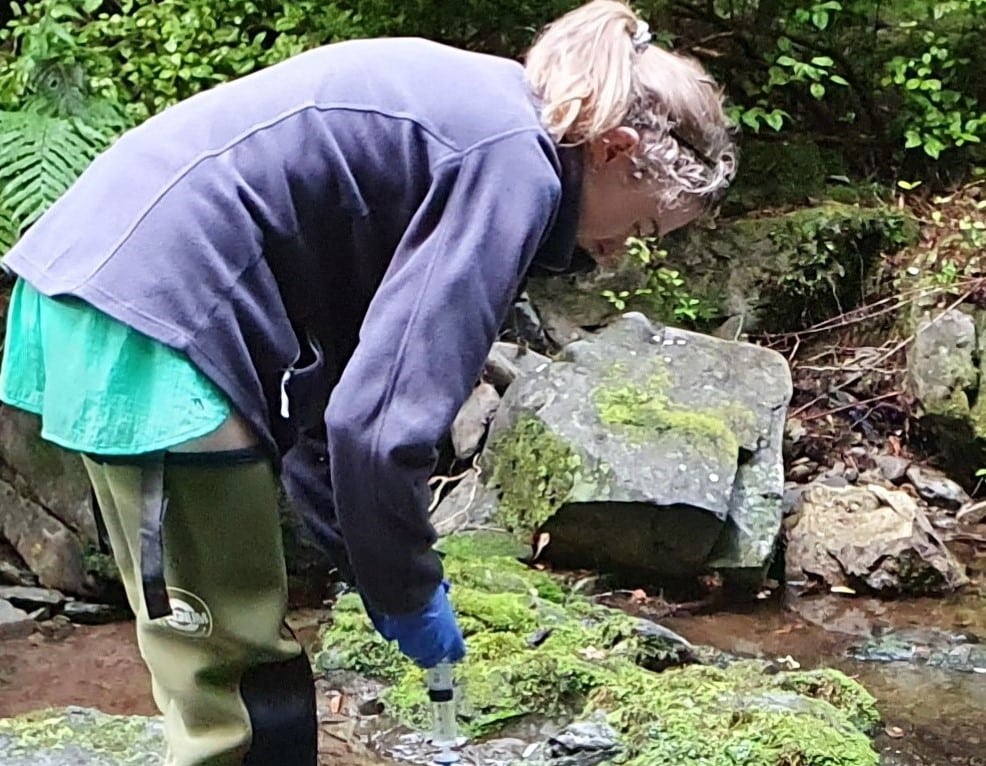Microbial Source Tracking
Microbial source tracking (MST) can help identify the source of faecal contamination.

Microbial Source Tracking
Human and animal faecal pollution can cause issues for inland and coastal waters, impacting water supplies, recreational activities, and shellfish farming.
This pollution poses health risks and can result in economic losses due to closures of shellfish areas, water activity bans, and water resource limitations.
Current assessment methods focus on quantifying traditional faecal indicator bacteria, like E.coli and intestinal enterococci, which don't reveal the pollution source. This is where molecular eDNA techniques can help.

eDNA for Microbial Source Tracking
Microbial Source Tracking (MST) provides water resource managers with a tool to identify contamination sources effectively. It uses eDNA to precisely locate bacterial sources.
MST assesses genetic material in faecal bacteria to identify specific microorganisms then compares them with a database of known microorganisms from diverse sources.
To differentiate faecal contamination between animal species, MST looks at unique microbial communities in animals' digestive tracts. For instance, certain bacteria or viruses present in cow faeces might not be found in pig faeces, and vice versa.


